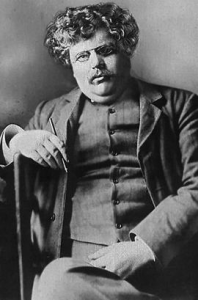State v. Stevens: Reaffirming Blum on No Precedential Value of Overruled Court of Appeals Cases – With a Caveat
 Precedent and authority are concepts with which students become familiar early in law school and grow to appreciate even more in practice. Law students learn to look to details such as jurisdiction, court hierarchy, status of a decision as published or unpublished, dates of decisions, and subsequent treatment and build on these foundations to evaluate precedential value and weight of authority. Students and legal researchers in Wisconsin had to rethink some of what had been considered established principles regarding precedent after the Wisconsin Supreme Court announced in Blum that court of appeals decisions that it overruled retained no precedential value absent an express statement that portions of a decision were left intact. Today, the court in State v. Stevens reaffirmed the holding in Blum, but did so with the caveat that courts may have to determine whether an opinion was really intended to overrule all of a decision or only a portion thereof when applying the rule retroactively.
Precedent and authority are concepts with which students become familiar early in law school and grow to appreciate even more in practice. Law students learn to look to details such as jurisdiction, court hierarchy, status of a decision as published or unpublished, dates of decisions, and subsequent treatment and build on these foundations to evaluate precedential value and weight of authority. Students and legal researchers in Wisconsin had to rethink some of what had been considered established principles regarding precedent after the Wisconsin Supreme Court announced in Blum that court of appeals decisions that it overruled retained no precedential value absent an express statement that portions of a decision were left intact. Today, the court in State v. Stevens reaffirmed the holding in Blum, but did so with the caveat that courts may have to determine whether an opinion was really intended to overrule all of a decision or only a portion thereof when applying the rule retroactively.
In Blum v. 1st Auto Casualty & Insurance Co., 2010 WI 78, 326 Wis. 2d 729, 786 N.W.2d 78, a decision issued two years ago tomorrow, the Wisconsin Supreme Court held “that when the supreme court overrules a court of appeals decision, the court of appeals decision no longer possesses any precedential value, unless this court expressly states otherwise.”¶ 42. The court discussed several public policy and practical considerations that it deemed would be served by this “bright-line rule nullifying the precedential value of an overruled court of appeals decision.” ¶ 51. The court viewed the rule as one that would help eliminate confusion that had grown regarding precedential value of reversed and overruled opinions and that “clarifies the law for the public as a whole.” ¶ 55.

